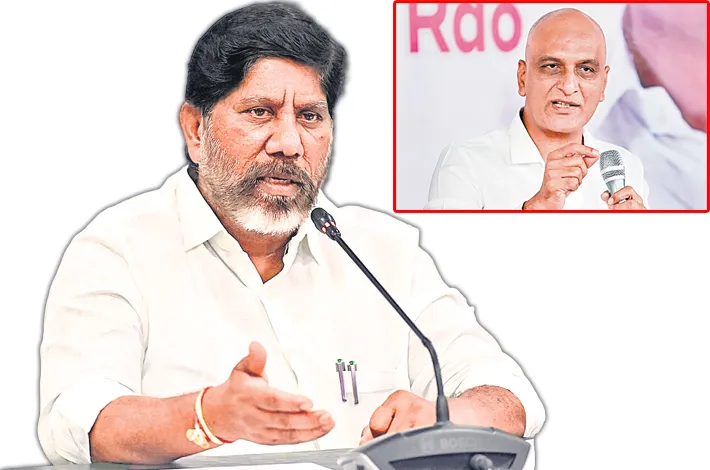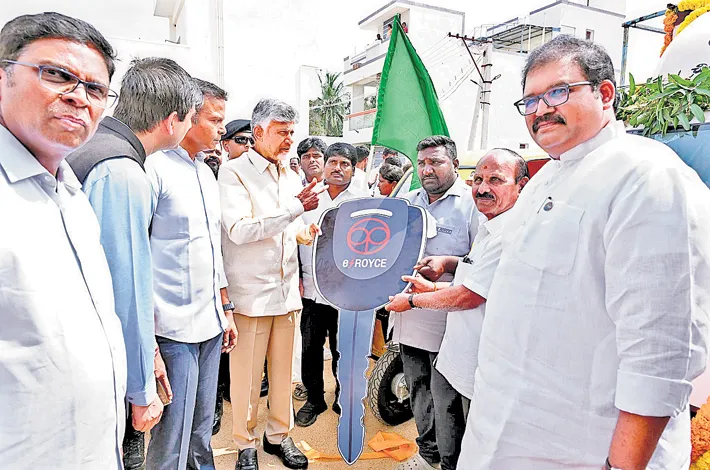Rise in premature survival rates
15-11-2025 12:00:00 AM

HEMA SINGULURI | Hyderabad
Ahead of the World Premature Day on November 17, Doctors across the city emphasize the awareness of the ‘equipmental’ treatments to save the premature babies. They also advise on understanding where to seek help for quick medical care and making healthy lifestyle choices right from the young age for prevention of the issue.
With India recording one of the highest numbers of premature births globally, neonatologists stress that public awareness is critical. Experts explain that modern neonatal treatments, strengthened NICUs, and informed preventive care can drastically change outcomes for families who encounter preterm birth. The initiative for World Prematurity Day, which began in 2008 by the European Foundation for the Care of Newborn Infants (EFCNI) and has since been recognized by the United Nations (UN) and the World Health Organization (WHO) in 2010.
Worldwide, one in ten babies is born prematurely, and this day aims to remind societies that premature birth is not an unusual occurrence but a serious medical and social challenge. Doctors stress that a “strong start” is crucial through immediate medical attention, proper nutrition, emotional support, and a positive environment which can make all the difference in a preterm baby’s survival and future health.
Causes and Risk Factors
Age is a crucial factor. Becoming pregnant before 17 or after 35-40 years increases the chances of giving birth prematurely, specifically teenage pregnancies which present additional risks. Prematurity can emerge from multiple causes. Issues involving the uterus, cervix, or placenta, and infections especially of the amniotic fluid or lower genital tract which are widely reported.
Ongoing maternal health problems like diabetes and high blood pressure, physical trauma, and lifestyle factors such as smoking, alcohol use, obesity, malnourishment, and chronic stress can also contribute. Artificial pregnancies like In Vitro Fertilization (IVF) are also now emerging as one of the leading causes of premature births, according to neonatologists.








